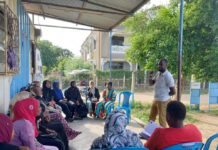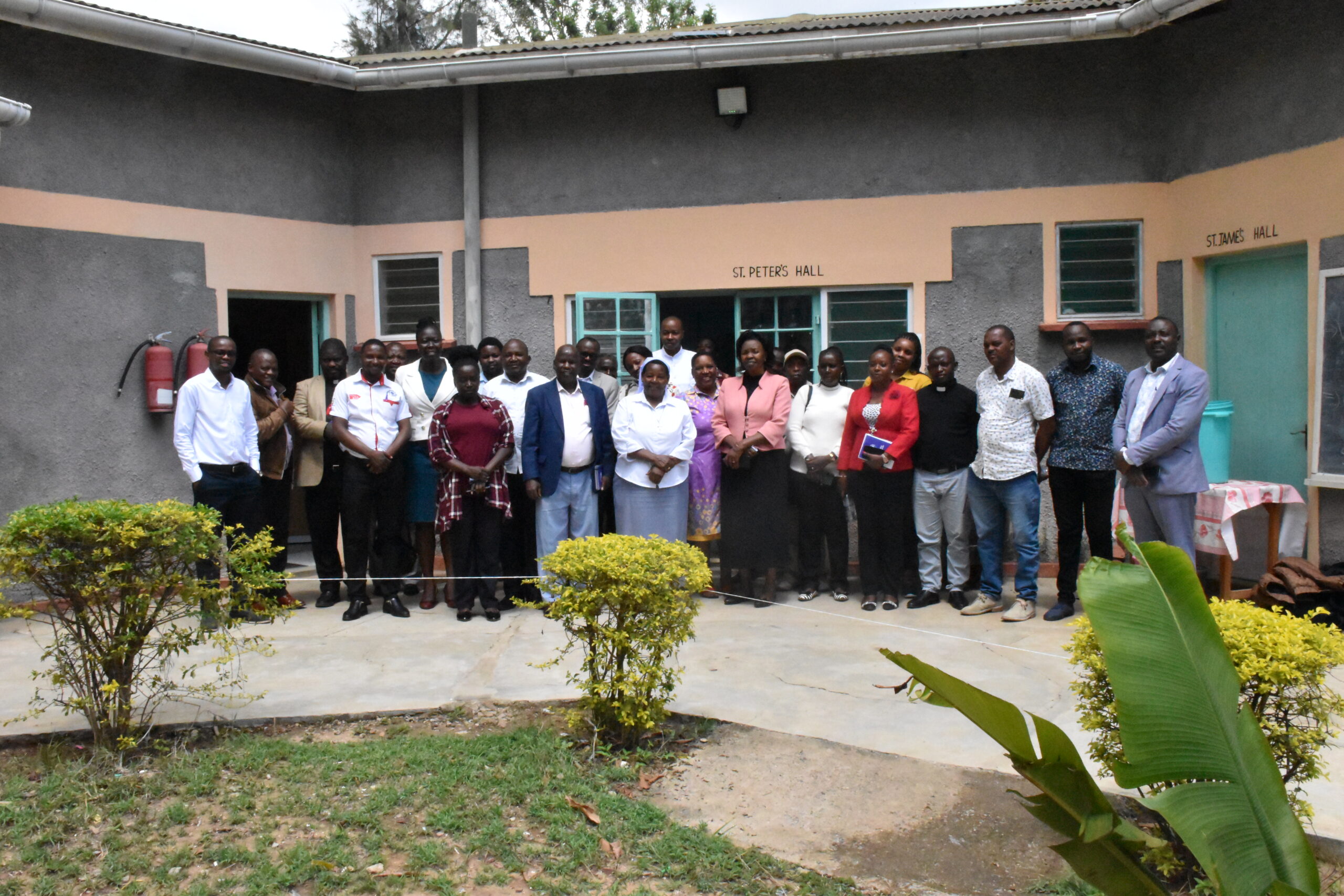By Moffin Njoroge
Nairobi, Kenya: On the 29th of November, 2022, many Kenyans watched in shock as family and friends broke down at the Jomo Kenyatta International Airport, waiting to receive the remains of their kin who had died in mysterious circumstances while working as a house-help in Saudi Arabia. This came after an NGO Affiliated with Nairobi’s former governor Mike Sonko, the Sonko Rescue Team assisted the families in repatriating the bodies of the three women who lost their lives in the gulf country while on duty.
The deaths have caused concerns with the rising number of Kenyans dying mysteriously or sustaining grievous body harm in Saudi Arabia, a trend that has been happening for more than a decade with many pointing a finger at the government for not intervening.
With the high levels of unemployment in the country, many Kenyans have opted to find jobs in Saudi Arabia and other Gulf countries where demand outweighs supply in an effort to support their families at home. A high number of these diaspora workers are women working as house helpers. This has seen the number of Kenyan workers rise year in and year out as they seek better pay in the face of low minimum wages and high inflation.
According to the Labour Institutions Act, General Amendment order of 2022, the minimum monthly wage for a general labourer, in which house helps or maids are included, is grouped into three categories.
For the four major cities in the country, the wage is set at Kshs. 15,201.65, while workers in the former municipalities and town councils of Mavoko, Ruiru, and Limuru get a minimum monthly wage of Kshs.14,025.40. The lowest-paid workers in this group are those working in all other areas of Kenya, commonly considered as rural, with a minimum pay of Ksh. 8,109.90.
The sad reality is that this minimum wage requirement is rarely ever adhered to in the country with some house help earning as low as Ksh. 3,000 per month. This has brought desperation among many Kenyan women with many seeking greener pastures overseas. With many of them having no certified skills, menial jobs such as housekeepers are one of their best options.

The process of obtaining such jobs involves a sponsorship system known as the Kafala system. This is a process whereby a local citizen or company is given a permit by the state to sponsor a foreign worker in the country. The sponsor caters for all expenses of the worker from their home country including accommodation. The system is implemented albeit with different conditions in Qatar, Bahrain, Lebanon, Kuwait, Jordan, Oman, Saudi Arabia, and the United Arab Emirates.
For many African and Asian countries, employers use the services of recruitment agencies to help in the recruitment and relocation of immigrant workers to the GCC countries. Many of these agencies have been known to exploit their recruits by misleading them in their terms of employment and others outrightly disowning them once they are in the hands of their employers. Despite government efforts to regulate the industry, a large number of unregistered recruitment agencies continue to operate in Kenya preying on the desperation and high rates of joblessness in the country. A report from the National Employment Authority Integrated Management System shows that there are 934 recruitment agencies in the country, 414 of which have their license expired.
For Alice, going to Saudi Arabia seemed like the only viable option to support her family. The single mother of two had consistently found it hard to provide for her family, and things were about to get harder with her firstborn son just about to join university in a few months. She decided to leave her kids with her mother and ventured to the Gulf country. Things seemed alright at first and despite the harsh weather and change in environment, she says she didn’t mind as she was supporting her family.
It all started to change in her 9th month when she started feeling unwell and got a bout of tuberculosis. When she found it too hard to work, she informed her employer that she would not be returning once she went back home after the year.
This was when everything changed and started getting mistreated. Her boss started locking her in the house and confiscated her passport and phone. Her family at home got worried when she started going for weeks without contact. She luckily managed to get a phone and contacted her siblings who confronted the agent and demanded that Alice be brought back to Kenya. During that period, a male person snuck into her bedroom at night and tried to stab her. Luckily, something told her to wake up and in an attempt to block the knife, she got a deep cut on her left pinkie finger.
The man, realizing that she wasn’t asleep, ran off. It was this incident that scared the boss and after getting calls from the agent, she decided to take her to the hospital. Her family was lucky enough to get an audience at the Ministry of Foreign Affairs to help get Alice home after staying locked up in a holding facility awaiting repatriation.
Many families in the country have not been so lucky. There have been a lot of media reports of families begging the government and the public to help them repatriate their kin who have died under mysterious circumstances in the Gulf country. The government has also been accused of ignoring the plight of Kenyan domestic workers in Saudi Arabia despite the ever-growing diaspora remittances from the Gulf states. Data from the Central Bank shows that remittances continued to rise in 2021 despite the Covid-19 pandemic and travel bans
Continued cries and pressure from social media and mainstream media led the government to take some actions. In January 2016, Kenya and Saudi Arabia signed a Bilateral Labour Agreement (BLA) on the recruitment of domestic workers which addressed labour rights of immigrant Kenyan workers. With the deaths continuing despite the agreement, the Kenyan senate recommended that all state agencies involved cease all travel by Kenyan migrant workers to the Gulf states with immediate effect from 24 November 2022 among other recommendations.
In recent times, the Ministry of Foreign and Diaspora Affairs has been more proactive with their officials responding promptly to calls of repatriation for mistreated and succumbed domestic workers in the GCC states. The current Foreign and Diaspora Affairs minister, Dr. Alfred Mutua has also emphasized the urgency of the matter and made his first official trip after his appointment to the Kingdom of Saudi Arabia.
Despite these positive actions, a lot more needs to be done by the government in terms of reviewing legislation, taking firm action on illegal and rogue agents, and more bilateral agreements.
Kenyans traveling to the gulf countries also have a mandate to do due diligence on the legality of agents they use, required travel procedures, and essential contacts in Kenya’s consulates in the countries they are traveling to, to avoid the issues of wrongful detainments, torture and in some cases falling victims to human traffickers.














